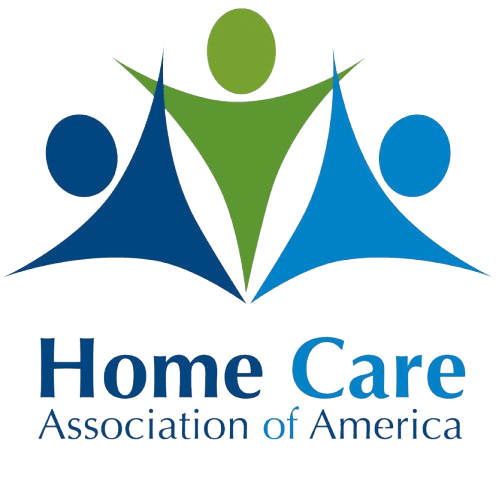Seniors who struggle to maintain their balance run the risk of falling and becoming hurt. To guarantee that seniors preserve their safety and independence, a number of testing techniques and home care approaches can greatly reduce these hazards. In this blog, we’ll talk about the value of assessing seniors for their balance problems and practical home care strategies that can improve their wellbeing.
Checking for Problems with Balance
There are many tests available in the medical field that can assess issues with balance. A few of the most common ones are listed below. Home care and loved ones can discuss the various tests with seniors to ensure they understand what to expect and why the tests are needed.
- Physical Examination: An experienced healthcare provider can evaluate a senior’s strength, flexibility, and coordination through a thorough physical examination. This assessment aids in the identification of any musculoskeletal disorders or underlying medical diseases that may be linked to balance concerns.
- Functional Balance Tests: Functional balance tests like the Timed Up and Go Test (TUG) and the Berg Balance Scale determine a senior’s ability to perform daily tasks safely. These assessments provide important information about their fall risk and enable interventions to be tailored appropriately.
- Vestibular Assessment: The vestibular system has a significant impact on balance and spatial orientation. Vestibular assessments, which include positional testing and vestibular function tests, can detect any malfunction in this system. This enables the development of focused treatment plans.
- Vision Exam: One of the main risk factors for falls in older adults is vision impairment. Frequent eye exams allow for the identification of visual impairments, such as glaucoma or cataracts, and the implementation of the necessary corrective procedures to improve depth perception and visual acuity.
- Review of Medication: An imbalance or lightheadedness may occur as a side effect of some medications. A healthcare professional can thoroughly review a senior’s medications to identify potential causes and make adjustments to prevent side effects.
Strategies for Home Care
Seniors who gain assistance from home care have the extra support they need, which also helps them live independently longer and gives loved ones peace of mind. Some of the strategies home care might incorporate include the following:
- Changes to the Home: Making minor changes to the home can drastically lower the risk of falls. This includes eliminating trip hazards, adding grab bars to restrooms and stairwells, and making sure there is enough illumination throughout the house.
- Assistive Devices: Seniors can benefit from the stability and support that mobility aids like walkers, stairlifts, and canes can offer while they navigate their environment. To get the most out of these devices, fitting them properly and receiving instructions are crucial.
- Exercise Plans: Frequent exercise, especially activities focusing on strength and balance, can enhance overall stability, coordination, and muscle tone. Exercise regimens at home that are adapted to a senior’s abilities can help them stay independent and lower their risk of falling.
Evaluating seniors for balance problems and putting good home care plans in place are important first steps in ensuring their safety and lowering their chance of falls and accidents. Through the identification of underlying difficulties, modification of the home environment, and provision of required support and assistance, it is possible to enable seniors to age gracefully and independently with increased safety and confidence. Only by approaching senior care from a holistic standpoint, taking into account both environmental and physical issues, can we ensure a safe and comfortable living environment for our elderly loved ones.
Sources:
https://www.ncbi.nlm.nih.gov/pmc/articles/PMC5080158
https://www.mayoclinic.org/diseases-conditions/balance-problems/diagnosis-treatment/drc-20350477
https://www.nia.nih.gov/health/falls-and-falls-prevention/older-adults-and-balance-problems
If you or an aging loved one is considering home care in Modesto, CA, please contact the caring staff at Provident Care Home Care today at (209) 578-1210.



